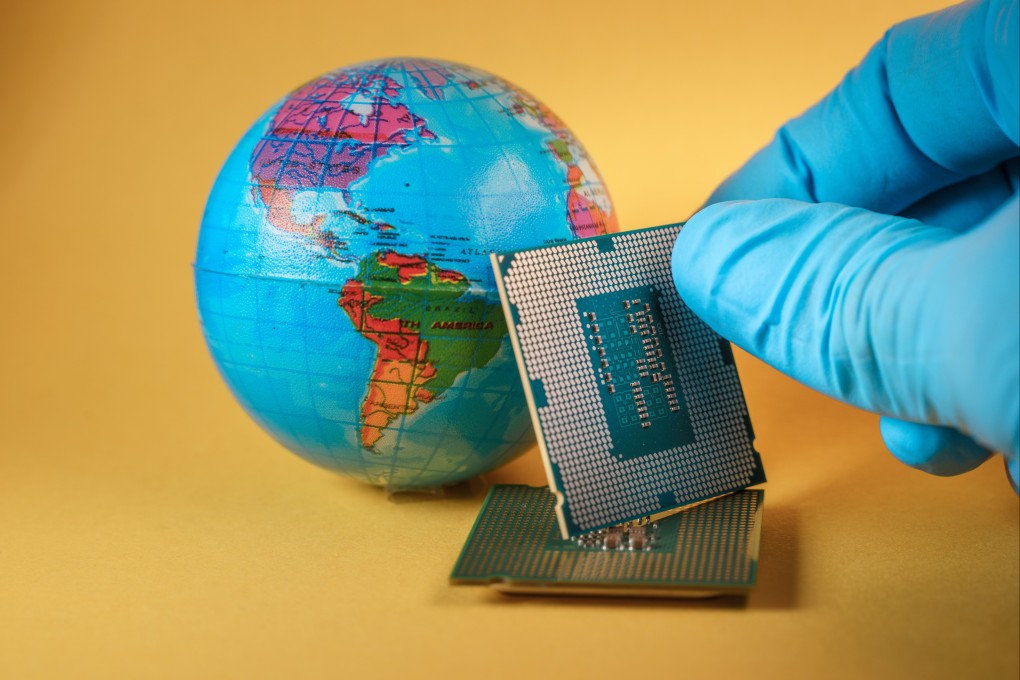Advertisement
US-China tech war: semiconductor links across Taiwan Strait face political headwinds
- Strained cross-strait and US-China relations could bring more uncertainty to global supply chains
- Speculation about what could happen next is expected to rise this week when Taiwan takes part in Washington’s Summit for Democracy
Reading Time:3 minutes
Why you can trust SCMP
2

The long-standing bond between mainland China, the world’s second-largest economy, and semiconductor powerhouse Taiwan faces its stiffest challenge in decades amid increased cross-strait tensions and growing friction between Beijing and Washington.
While the close economic ties between the mainland and Taiwan are not expected to unravel, analysts warn that the strained cross-strait and US-China relations could bring more uncertainty to global supply chains after the disruptions caused by the Covid-19 pandemic and the ongoing chip shortage.
Speculation about what could happen next is expected to rise this week when US President Joe Biden hosts the first of two Summits for Democracy on December 9-10. Taiwan is among 110 invitees to the virtual event, which brings together leaders from government, civil society and the private sector, according to the US State Department. China and Russia were not invited.
Advertisement
To mark that summit, the US Treasury Department will impose a series of sanctions, targeting people engaged in corruption, serious human rights abuse and who undermine democracy, according to a Reuters report last Friday. The US-led event comes weeks after Biden and President Xi Jinping’s virtual summit, in which Washington underlined its opposition to unilateral change to the status quo over the Taiwan Strait.
The Summit for Democracy is expected to raise the stakes for Beijing, weeks after it urged the US government to stop further contacts with Taiwan officials. The call was made by Chinese foreign ministry spokesman Zhao Lijian last month after the second “US-Taiwan Economic Prosperity Partnership Dialogue”, which focused on issues such as supply chain resilience, digital economy, science and technology and 5G network security, as well as Beijing’s alleged economic coercion.
Advertisement
Advertisement
Select Voice
Choose your listening speed
Get through articles 2x faster
1.25x
250 WPM
Slow
Average
Fast
1.25x
